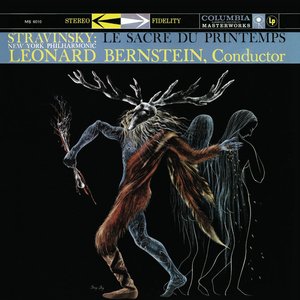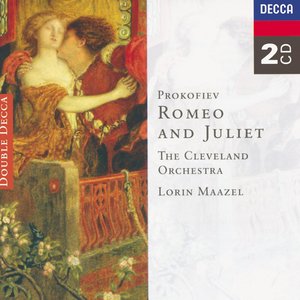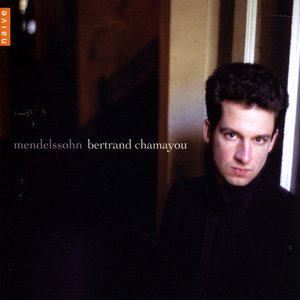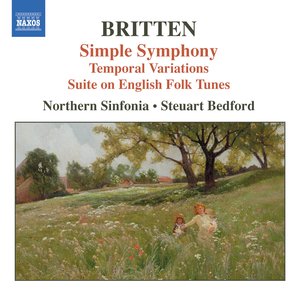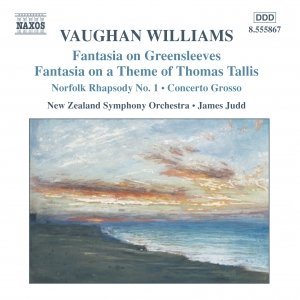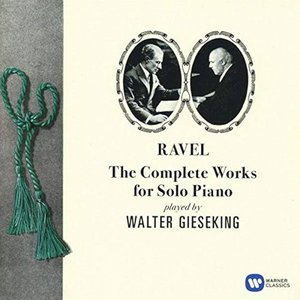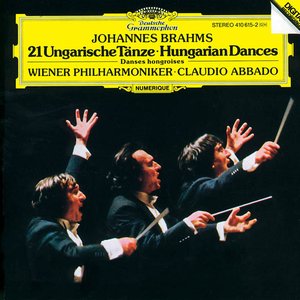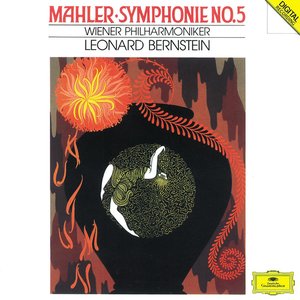Wiki
As a child, Andor Foldes (1913–1992) studied piano with Erno von Dohnányi at Budapest’s Academy of Music; then, starting in 1929, he took private lessons with Bartók. Foldes recorded these pieces in 1954 and 1955. In the folk songs and folk-inspired pieces, he produces a slightly percussive tone not unlike that of the composer, which is less in vogue with today’s Bartók interpreters, Hungarian or not. There is also a full measure of color and lyricism here; it all sounds right to me, as some of the softer modern performances do not. The primary facet of Foldes’s Bartók is clarity; nothing is slurred, nothing is lazy. The pianist discusses his relationship with the composer and his music in two essays printed in the booklet. Note that the second essay is mistakenly dated 1955; its contents (“35 years after Bartók’s death”) date it 1980. It suggests that, 25 years after these recordings were made, Foldes too might have softened his Bartók. I would not have him change a thing.
Foldes plays 28 of the 85 pieces from For Children ; fortunately, the completeness mania had not yet set in. He has chosen 24 Mikrokosmos pieces from the upper end of the scale of difficulty (and interest), from No. 92 to No. 153. Foldes does what he can with them, but Bartók was more interesting when dealing with folk material than with straight pedagogy. The final six Mikrokosmos are “Dances in Bulgarian Rhythm,” and the music suddenly bursts with harmonic life and color. Sandwiched in between the two sets is the charming, three-movement Sonatine, which serves as a brief respite.
If the first CD required a bit of patience, the second is entrancing from first note to last. Book 3 of For Children contains some of its most charming pieces, fully realized in Foldes’s readings. His Two Elegies are magnificent; as with some of his Kodály (reviewed elsewhere in this issue), one senses Foldes’s experience with Beethoven and Liszt in his playing of this deeply stirring music.
Foldes brings more color and excitement to the sonata’s outer movements than any performance I have heard, including that by my all-time favorite pianist, Youri Egorov. The suite is dazzling under Foldes’s fingers; its Allegro molto sizzles, and the closing Sostenuto is the essence of calm.
After all that, Out of Doors is a slight disappointment, well played but exhibiting no special insight. Foldes may have felt the same way: Exact recording dates are listed for every piece, and he spent more time on it—four days—than on any other work. He finds all the humor and wit in the Three Burlesques , without falling into caricature: The clever “Quarrel” remains thoroughly musical, although one can hear both a male and female side (how does Bartók do that?) and the off-center syncopations in “Slightly tipsy” are suggestive rather than being blatantly staggering. A stunning Allegro barbaro , drenched in color, rounds out Foldes’s long recital.
The layout of these four CDs follows that of American Decca’s four LPs; the music might have been squeezed onto three CDs, but that’s a very minor nit. Foldes’s piano has a few dryish notes at the top; Deutsche Grammophon’s excellent monaural recordings have been well remastered. This set inspires a love and appreciation for Bartók’s piano music that I have not found matched among more modern recordings. For my money, only György Sandor—and he only in his earlier, pre-Sony recordings—had a comparable feel for the composer’s idiom. For your money, Eloquence’s friendly pricing beckons.
James H. North
Source : http://www.arkivmusic.com/classical/album.jsp?album_id=1171030
Andor Foldes
Plays
Béla Bartók
Tracks
Cd. 1
For Children, BB 53, Sz.42 Book I
1 N° 1. Children at Play (Allegro) 0:33
2 N° 2. Children's Song (Andante) 0:45
3 N° 3. Quasi adagio 0:49
4 N° 4. Pilow Dance (Allegro) 0:43
5 N° 13. Ballad (Andante) 0:58
6 N° 14. Allegretto 0:32
7 N° 15. Allegro moderato 0:30
8 N° 18. Soldier's Song (Andante no troppo) 1:08
9 N° 21. Allegro robusto 0:37
For Children, BB 53, Sz.42 Book II
10 N° 22. Allegretto 0:55
11 N° 25. Parlando 0:44
12 N° 26. Moderato 0:33
13 N° 28. Choral (Andante) 2:18
14 N° 30. Jeering Song (Allegro ironico) 0:32
15 N° 31. Andante tranquillo 1:30
16 N° 32. Andante 1:20
17 N° 40. Swineherd's Dance (Allegro vivace) 1:28
Sonatine, B 69, Sz.55
18 I. Bagpipers (Allegretto - Allegro) 1:24
19 II. Bear's Dance (Moderato) 0:42
20 III. Finale (Allegro vivace) 1:38
Mikorokosmos, B 105, Sz.107 Book IV
21 N° 97. Notturno (Adagio) 1:37
22 N° 100. In the style of a Folk Song (Andante) 0:49
23 N° 102. Harmonics (Allegro non troppo un poco rubato) 1:18
24 N° 108. Wrestling (Allegro non troppo) 0:56
25 N° 113. Bulgarian Rhythm (Allegro molto) 0:56
26 N° 115. Bulgarian Rhythm (Vivace) 0:27
Mikrokosmos, BB 105, Sz.107 Book V
27 N° 122. Chords together and opposed (Molto vivace) 0:55
28 N° 125. Boating (Allegretto) 1:26
29 N° 126. Change of time (Allegro pesante) 0:37
30 N° 128. Peasant Dance (Moderato) 1:17
31 N° 130. Village Joke (Moderato) 0:49
32 N° 137. Unison (Moderato) 1:57
33 N° 139. Merry Andrew (Con moto, scherzando) 0:53
Mikrokosmos, BB 105, Sz.107 Book VI
34 N° 140. Free Variations (Allegro molto - Molto più calmo, lugubre) 1:35
35 N° 141. Subject and Reflection (Allegro - Vivacissimo) 1:02
36 N° 142. From the Diary of a Fly (Allegro) 1:28
37 N° 143. Divided Arpeggios (Andante) 2:13
38 N° 146. Ostinato (Vivacissimo) 2:08
Six Dances in Bulgarian Rhythm
39 N° 1. I. - 1:47
40 N° 2. II. - 1:11
41 N° 3. III. - 1:27
42 N° 4. IV. - 1:38
43 N° 5. V. - 1:15
44 N° 6. VI. - 1:58
En Last.fm, cualquier usuario puede editar las descripciones de los álbumes. ¡Contribuye cuando quieras!
Todos los textos de contribuciones de usuarios en esta página están bajo la Licencia Creative Commons Atribución-CompartirIgual; es posible que se apliquen condiciones adicionales.
